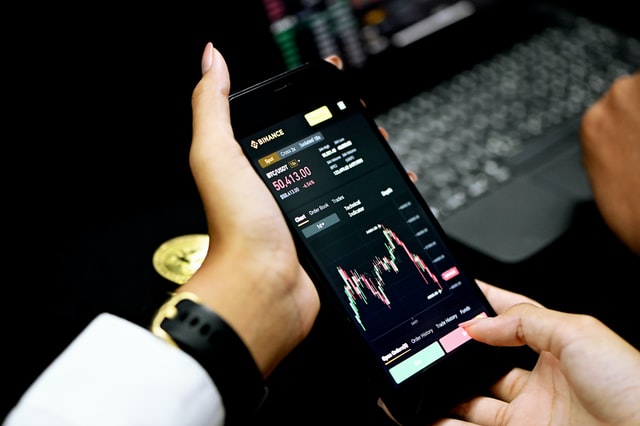Forex is the largest trading market and one of the most competitive. It is also a business, and just like any other business, you need to put a planning place for success. Without a business plan, you would be opening yourself up to risks and disappointments. What is a forex trading plan?
A forex trading plan is your trading activity decision-making tool. It helps you to execute your everyday trading activities successfully. With a trading plan, you can make it easier to realize your trading goals, prepare yourself for risks, and determine what to expect and do about the market trends. You also learn to work on your strategies and avoid emotional trading.
Moreover, a forex trading plan also provides you with easier trading because of upfront planning which allows you to trade per the parameters set. It also opens you up for more improvement by enabling you to learn from your record-keeping procedures. Sticking with a forex trading plan helps you learn why some trades work better than others do.
Creating a successful trading plan is not a hard thing to do, but if you need help, the following guidelines will help you.
Tips and Questions to Ask Yourself for a Successful Forex Trading Plan
The following easy-to-follow and adhere-to steps will help you in creating a good forex-trading plan. What is the motivation behind your interest in forex trading?
1. What motivates you to trade in the forex market?
Is it for the profits, or are you in it for fun? Entering the trade without being clear about your motivation might not give you the commitment needed for success. Note down what you plan to achieve by trading and include the time you plan to set aside to commit yourself to trade.
2. Do you want to be a full-time or part-time trader?
Working out the time you need to set aside for trading is another way to create a successful plan. Do you want to trade part-time as you continue to carry on with your other day-to-day activities, or do you want to trade only at some specific times of the day or night? Trading full-time will mean carrying out more trades.
Whether you plan on long hours or shorter hours of trading, you will need some time to prepare for your trading activities. This might include analyzing the money markets, educating yourself on the market trends, and practicing your trading strategies.
3. What kind of trader do you want to be?
Deciding on the kind of trader you want to be will make it easier to define your goals. If you make a promise to increase your investment by a certain percentage by a specified period, it means the goal at hand will help you attain your success. The trading style you choose should go with attitude, especially to risk, personality, and the amount of time you are willing to set aside for trading.
4. How much starting capital do you want to use?
You cannot start trading without deciding how much capital you want to spend on the currency market. Whatever amount you decide to go with, make sure it will not affect you much in case of a loss. You have to remember that forex trading involves many risks and if you are not careful, you could lose your initial investment capital. If by any chance, you do not have enough capital to start you going, you can practice trading through a demo account until you have your footing.
5. Learn the market trends
Before creating the perfect trading plan, you should learn the market trends because they will be part of your decision. Another thing to learn about is the opening and closing times of the markets. You also need to learn about the market volatility and the price movements, which will help you, know the amounts you stand to gain or lose with every price movement. You can find more information about trading plan on Saxo page.
6. Keep a trading diary
You will need a trading diary where you can note down all the trading patterns. Keeping a diary will help you with easier navigation of what works and what does not work. In the diary, you can also keep track of your decisions and emotions after every trade. Make the diary as detailed as you possibly can to make all your trading activities easy.
Conclusion
The above are some guidelines that will help you keep track of your performances during trading. It will help you manage the risks that come with forex trading and work on your trading strategies. Remember, if you do not know how to create a successful trading plan, you can always seek help from the experts.

